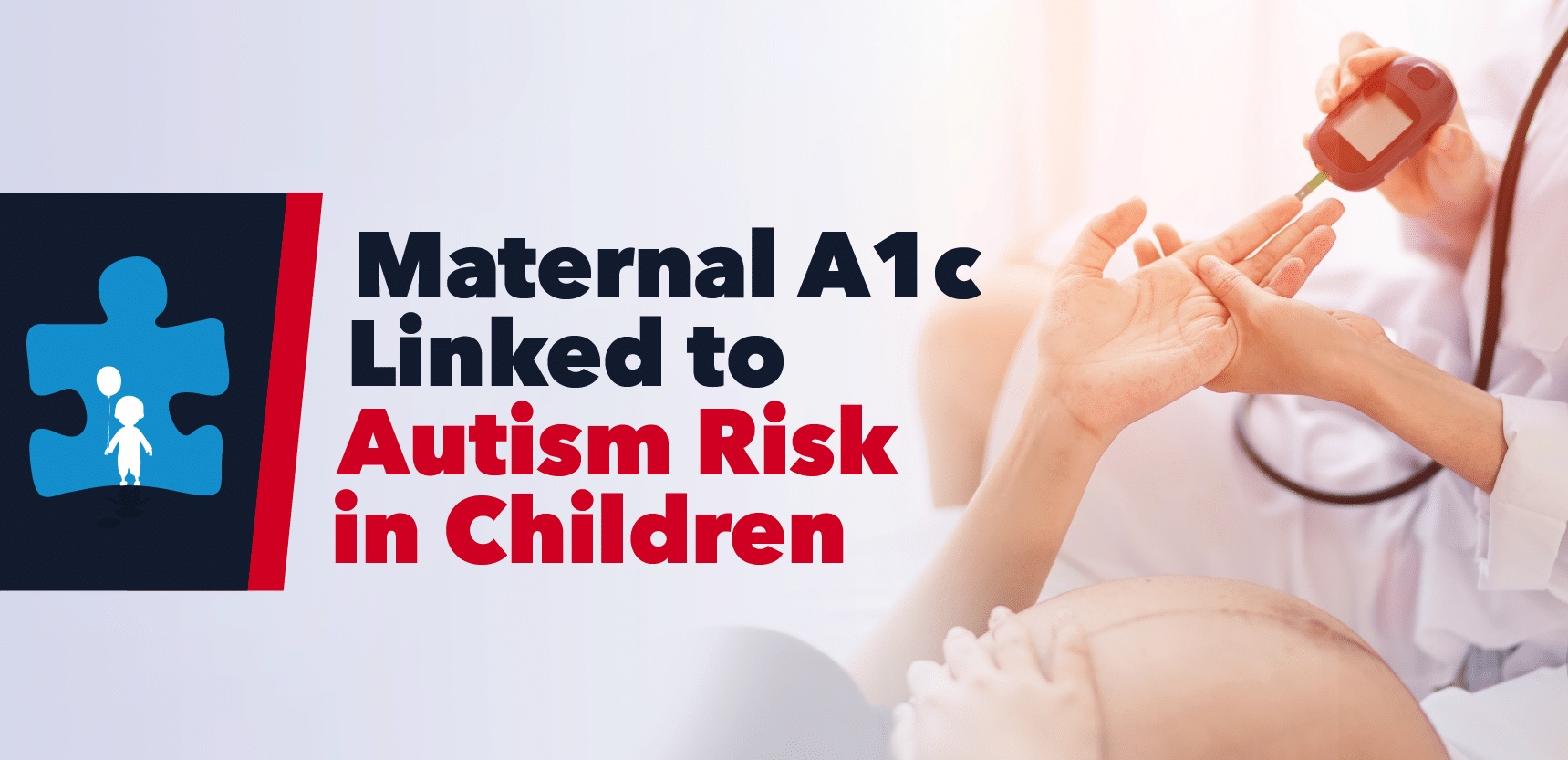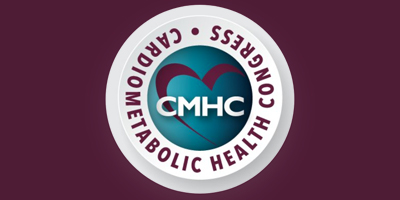A workshop convened by the National Heart, Lung, and Blood Institute (NHLBI) in August 2021 identified opportunities in pediatric and congenital cardiovascular research that would improve outcomes in patients with congenital heart disease (CHD) across the lifespan. A summary of these opportunities was published Oct. 31 in JACC, and will be presented during AHA 2022 in Chicago.
CHD affects approximately 1% of newborns. About 1.4 million adults in the U.S. were living with CHD as of 2017, representing more than half of the 2.4 million affected worldwide.
The two-day workshop, with 26 invited experts, focused on identifying opportunities in the field with the potential to transform outcomes. The scope of research discussed included hypothesis-driven and investigator-initiated studies, clinical trials, quality improvement initiatives, and research leveraging big data and networks.
Participants developed four major research focus areas and opportunities for future development:
- New approaches to study design, leveraging collaboration, data, and merging techniques by improving the classification of clinically meaningful CHD and outcomes; developing and implementing functional patient-reported outcomes; implementing innovative, efficient study strategies and designs; and integrating medical device development and evaluation into collaborative research networks.
- Enhancing data quality, sharing and accessibility by approaching research with a lifespan perspective and data model; developing technology to access available information, including unstructured and semi-structured data; and addressing data-sharing obstacles by agreeing on a common data-sharing language agreement between institutions participating in CHD research.
- Improving implementation of research findings by developing sustainable models to support research networks, including learning health networks, and creating infrastructure support that enhances research efficiency.
- Inclusion of diverse perspectives and focus on what matters most to patients and families with advanced neurodevelopmental and psychological research; prioritizing reach on palliative care and symptom management; and facilitating proactive, broad inclusion of research participants and investigators.
Alexander R. Opotowsky, MD, MMSc, et al., write that “these themes provide a framework to focus our efforts to enhance the impact of clinical research on pediatric and congenital cardiovascular disease,” and that to achieve the field’s shared potential it will be crucial to partner across a broad range of organizers and investigators to fund and perform research.















